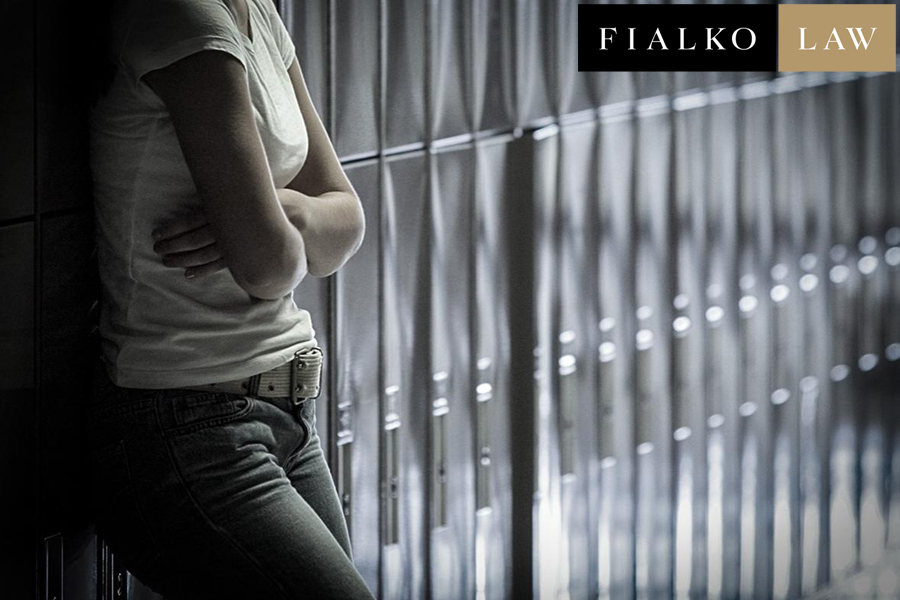
I recently had the most befuddling experience in the 27 years I’ve been practicing criminal defense. Instead of letting me cross-examine the witness against my client, the “judge†made me ask her the questions. The “judge†then decided whether the question was acceptable. If she deemed it appropriate, she addressed the witness directly, often softly re-phrasing my question.
This event wasn’t in court. It was a college hearing on sexual misconduct.
In my mind, there are two big problems with this “judicial methodâ€.
First, why would colleges, known as places of higher learning in America, casting off cross-examination, perhaps the greatest engine ever invented for the discovery of truth?
The relevant part of the Sixth Amendment to the Constitution reads: In all criminal prosecutions, the accused shall enjoy the right . . . .to be confronted with the witnesses against him; to have compulsory process for obtaining witnesses in his favor, and to have the assistance of counsel for his defense.
I understand that Title IX sexual misconduct allegations in a college setting are not decided in a criminal court, so the Sixth Amendment doesn’t apply. But cross-examination has been proven and time-tested as the best way to reveal the truth. I am worried that without real cross-examination, Title IX hearings are not getting to the truth.
Second, and more worrisome long-term, the reason many colleges do not allow cross-examination is the belief that it is traumatic to the person being cross-examined. This is true. The constitution does talk about the right to confront the witness because the trauma of confrontation can reveal the truth. Truth is able to stand up to the trauma of confrontation.
Instead, college students, the accuser, the accused, and witnesses are being taught the lesson that preventing possible trauma to the witness may be more important than finding the truth. For most of these students, this flawed hearing will be their only example of how a trial works.
Someday those college students are going to be prosecutors, judges, defense lawyers, and jurors. I sure hope law school will help them unlearn this bad lesson, but I’m worried.
